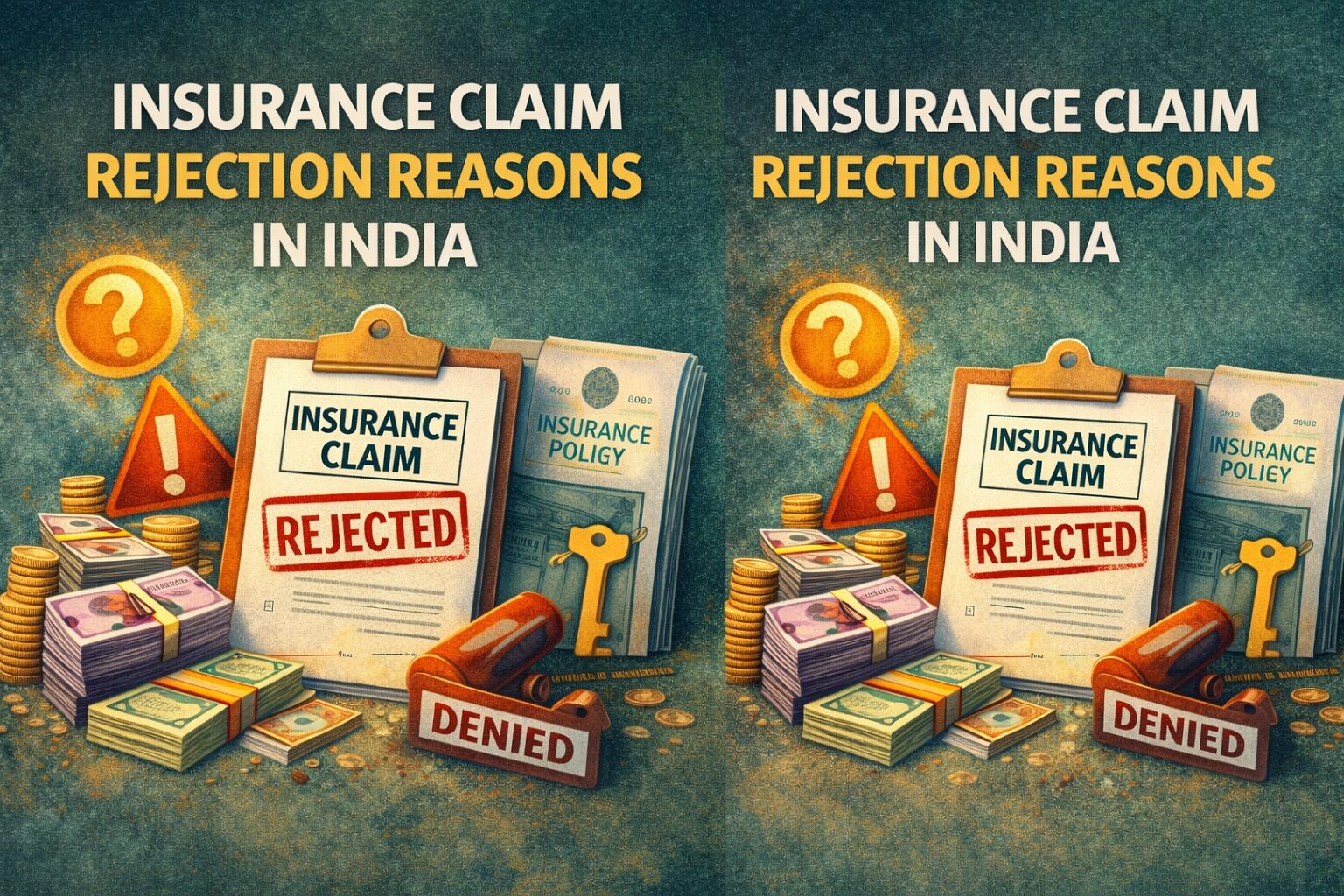
Explore a complete guide to General Insurance, covering its types, components, working principles, and real-world importance. This simple yet informative breakdown helps you understand how insurance protects you and why it matters more than ever. Perfect for beginners and smart financial planners. 🌟
General Insurance: Understanding Types, Components & Why It Matters Today 📘✨
Insurance has become an essential tool in modern financial planning. As uncertainties grow—ranging from health emergencies and accidents to natural disasters and theft—the need for General Insurance has never been more prominent. It offers a financial safety net that protects not just your assets, but also your peace of mind. Whether it is your home, car, health, property, or travel, insurance ensures you are prepared for sudden and unexpected events.
1️⃣ What is Insurance? 🤔
Insurance is essentially a contract between a policyholder and an insurer, where the insurer promises to compensate for specific losses in exchange for a premium. The fundamental idea behind insurance is risk sharing. Instead of facing a financial setback alone, individuals pool their risks together through an insurance provider, making financial protection more affordable and accessible.
In today’s world, where medical costs are rising, natural disasters are becoming more frequent, and personal assets have significant monetary value, insurance acts as a powerful protector. It offers long-term stability and reduces the stress of managing sudden expenses.

2️⃣ How Does Insurance Work? ⚙️📄
Every insurance policy works on the principle of risk transfer. You pay a premium to the insurance company, and in return, the insurer takes responsibility for the financial consequences of certain events. This could be a medical emergency, an accident, a fire, or damage caused by a natural disaster.
Insurance companies evaluate individual risks before issuing policies. They consider factors such as age, location, value of assets, medical condition, and claims history. Based on these factors, they calculate premium amounts that ensure fairness among customers while keeping the insurance pool financially stable.
General Insurance primarily covers non-life risks, meaning everything except life insurance. Auto, home, health, and travel insurance fall under this category, and they all function with a similar mechanism of protection and reimbursement.
3️⃣ Components of a General Insurance Policy 🧾🔍
To fully understand how insurance works, it is essential to know the three core components that define every policy: the premium, the policy limit, and the deductible.
The premium is the price you pay to keep your insurance active. This amount may be paid monthly, quarterly, or annually, depending on the type of policy. Factors such as age, city of residence, type of coverage, and previous claims influence how high or low your premium will be. A well-chosen policy balances affordability with comprehensive protection.
The policy limit represents the maximum amount the insurer will pay when a claim is made. For instance, health insurance may offer a ₹5 lakh or ₹10 lakh coverage limit. Home and auto policies also come with fixed limits depending on the value of the property insured. Higher limits usually provide better protection but come at a higher cost.
The deductible is the portion of the loss that you need to pay before the insurance company steps in. A higher deductible lowers the premium, while a lower deductible increases it. Choosing the right deductible helps you maintain a sensible balance between cost and coverage.
4️⃣ Types of General Insurance 🏥🏡🚗✈️
General Insurance covers a wide range of everyday risks. One of the most common types is health insurance, which protects you from rising medical costs. It covers hospitalization, surgeries, emergency treatment, and even preventive healthcare in some cases. In a time where medical expenses can cause severe financial strain, having health insurance becomes a necessity.
Home insurance is another vital category. It offers protection for your home’s structure and your belongings against fire, theft, vandalism, and natural disasters. Many homeowners underestimate the need for this insurance until something unexpected happens. It is also important to note that perils like floods and earthquakes may require separate or additional coverage, depending on your location.
For vehicle owners, auto insurance is mandatory and extremely valuable. It covers damages due to accidents, theft, fire, and natural calamities. It also protects you from liabilities arising from injuries or damages caused to others. For anyone who relies on a vehicle for work or daily life, auto insurance ensures continuous mobility without financial stress.
While life insurance is technically separate from general insurance, it plays an equally important role. Life insurance ensures that your family is financially protected in the event of your death. Whether you choose term insurance or permanent insurance, the goal remains the same—security for loved ones when they need it most.
Finally, travel insurance provides coverage during trips. It can reimburse you for lost luggage, medical emergencies abroad, flight delays, or trip cancellations. This type of insurance has gained huge importance, especially for international travelers who want peace of mind while exploring unfamiliar places.
5️⃣ Why is General Insurance Important? 🌟🛡️
General Insurance forms the backbone of financial protection in our daily lives. It helps you absorb unexpected financial shocks and prevents your savings from getting wiped out due to a single event. Imagine dealing with a sudden hospitalization, a road accident, or a house fire without insurance—such situations can create long-term financial burdens that may take years to recover from.
Insurance ensures that you and your family stay protected even in the worst situations. It reduces stress, supports financial planning, and provides confidence that no matter what happens, you have a safety net. This sense of security is one of the biggest advantages of being insured.
6️⃣ Is Insurance an Asset? 💼📊
This is a common question. Generally, most forms of General Insurance are not considered assets because they do not generate income or hold cash value. Their purpose is protection, not investment.
However, some life insurance policies—especially permanent or cash-value life insurance—can be considered assets. They accumulate value over time and can even be surrendered or borrowed against. But when it comes to health, auto, home, and travel insurance, their value lies in risk protection rather than financial returns.
Conclusion 🎯✨
General Insurance is not just a safety tool—it is a foundation for stable financial living. It shields you from the unpredictable, helps you manage risks effectively, and supports long-term security for you and your loved ones. By understanding its components, types, and importance, you can choose policies that truly fit your life and provide meaningful protection.
The key is to compare premiums, understand policy limits, and select the right deductible. With the right coverage in place, you gain the confidence to move forward in life knowing that you are safeguarded against uncertainty. Insurance doesn’t remove risks, but it makes facing them much easier—and much smarter. 🛡️💙















